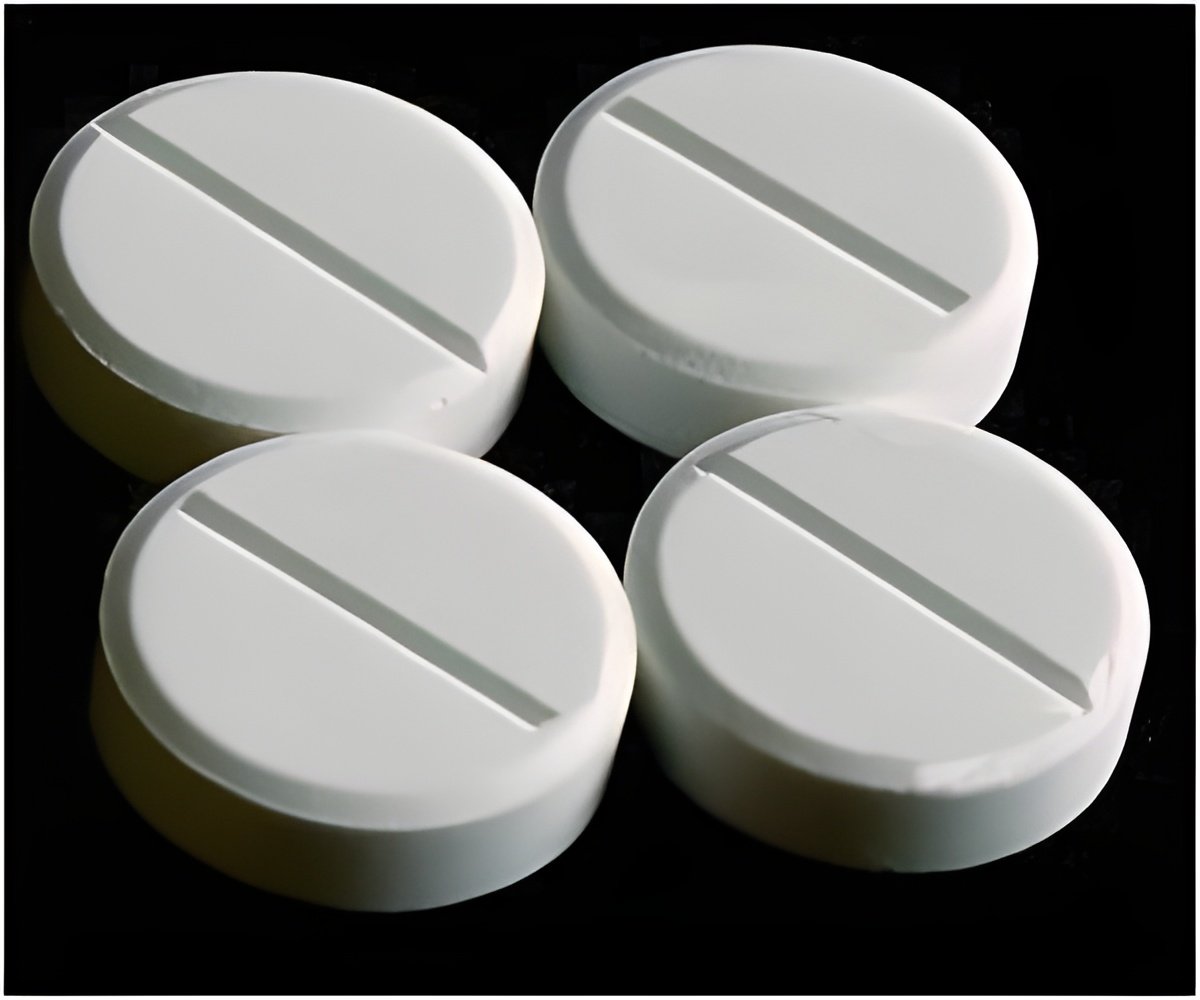
Researchers examined the risk of bleeding and cardiovascular events among patients with prior MI taking antithrombotic drugs and for whom NSAID therapy was then prescribed. The study included 61,971 patients with an average age of 68 years, and of these, 34 percent filled at least 1 NSAID prescription. The number of deaths during a median follow-up of 3.5 years was 18,105 or 29.2 percent. Researchers reported a total of 5,288 bleeding events (8.5 percent) and 18,568 cardiovascular events (30.0 percent). The analysis indicated that there was about twice the risk of bleeding with NSAID treatment compared with no NSAID treatment, and the cardiovascular risk was also increased. The increased risk of bleeding and cardiovascular events was evident with accompanying use of NSAIDs, regardless of antithrombotic treatment, NSAID type, or duration of use.
The authors wrote, "There was no safe therapeutic window for concomitant NSAID use, because even short-term (0-3 days) treatment was associated with increased risk of bleeding compared with no NSAID use. Confirming previous studies and despite increased bleeding complications, NSAIDs were not associated with decreased cardiovascular risk. More research is needed to confirm these findings; however, physicians should exercise appropriate caution when prescribing NSAIDs for patients who have recently experienced MI."
The study is published in the 'JAMA'.
Source-Medindia














